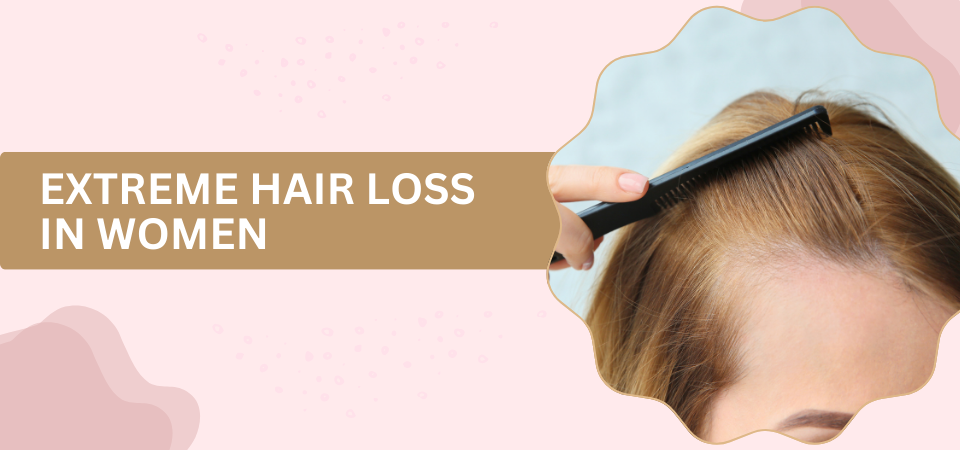
Reasons for Sudden Hair Loss in Males
August 3, 2024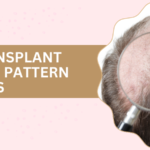
Reclaiming Your Crown: Hair transplant for male pattern baldness
October 9, 2024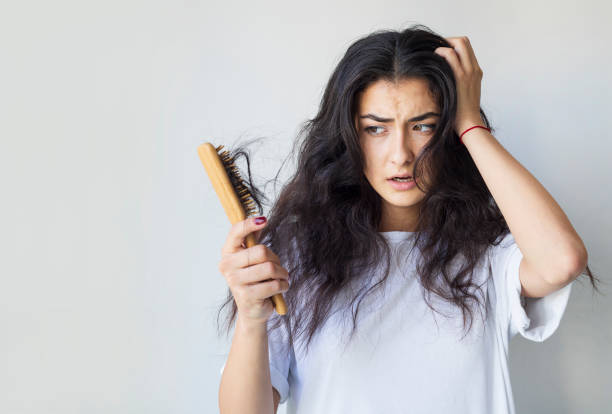
Extreme hair loss in women can be distressing and overwhelming. For many women, their hair is a vital part of their identity, and losing it can lead to significant emotional and psychological stress. If you’re experiencing extreme hair loss, seeking prompt treatment can help prevent further hair loss and potentially restore your hair’s health and volume.
Dr. Anju Methil, a highly qualified and experienced dermatologist in Andheri, Mumbai, notes, “Hair loss in women is often misunderstood, leading to delayed treatment. Identifying the cause early can make a significant difference in effectively managing and treating hair loss.”
At Skin and Shape, an advanced skin clinic in Andheri, Mumbai, Dr. Methil offers specialized care for extreme hair loss in women. With over 28 years of experience, she provides personalized treatments to address the underlying reasons for extreme hair loss in women, ensuring they receive the best possible care.
Need help with hair loss? Consult a specialist and take the first step towards restoring your confidence. Book an appointment!
Worried about the reasons behind your hair loss? Let’s dive into the common causes.
What are the Reasons for Extreme Hair Loss in Women?
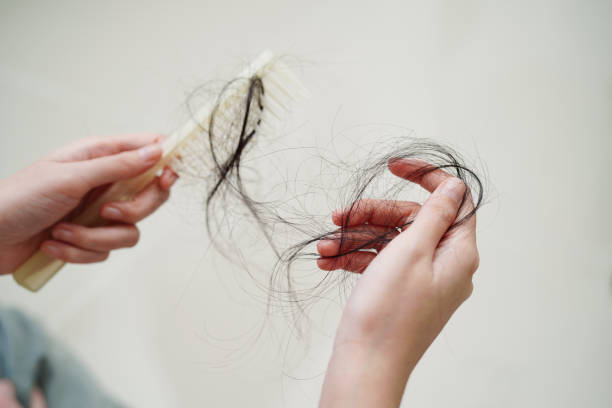
Extreme hair fall in women can be triggered by various factors, which may include:
- Hormonal Imbalances: Conditions such as polycystic ovary syndrome (PCOS), menopause, or thyroid disorders can cause hormonal fluctuations that lead to hair thinning or loss.
- Nutritional Deficiencies: A lack of essential vitamins and minerals, such as iron, vitamin D, and biotin, can weaken hair and cause shedding.
- Stress and Emotional Strain: Chronic stress affects hormone levels, leading to hair loss. Emotional or physical shock, such as surgery or illness, can result in temporary hair shedding.
- Genetics: A family history of hair loss can increase the likelihood of experiencing extreme hair loss.
- Medications and Treatments: Certain drugs, including those for cancer, arthritis, or heart problems, can have side effects that include hair loss.
- Hairstyling Practices: Frequent use of heat, chemicals, and tight hairstyles can damage hair follicles, causing breakage and hair loss.
- Underlying Health Conditions: Autoimmune diseases, such as alopecia areata, can cause the immune system to attack hair follicles, leading to hair loss.
Wondering if your hair loss is permanent or temporary? Here’s what you need to know.
Is Female Hair Loss Permanent?
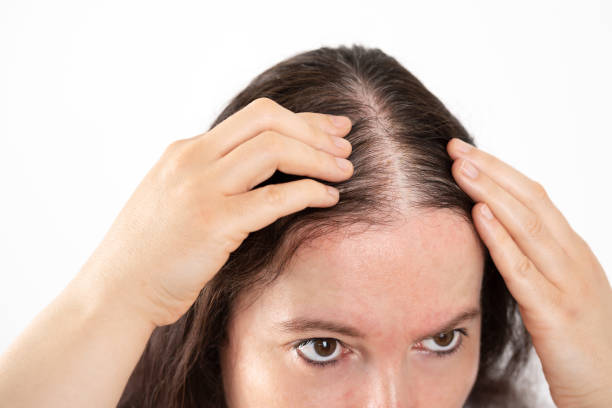
Hair loss in women is not always permanent. The possibility of regrowth depends on the cause and the treatment pursued. For instance:
- Temporary Hair Loss: Conditions like telogen effluvium, caused by stress or temporary hormonal changes, often resolve on their own or with minimal intervention. Once the underlying cause is addressed, hair typically regrows.
- Chronic Hair Loss: Conditions like androgenetic alopecia, a hereditary condition, may lead to more permanent hair loss if not treated early. However, topical and oral medications can slow down the process and, in some cases, promote regrowth.
- Scarring Alopecia: Some forms of hair loss, such as scarring alopecia, are irreversible because they damage the hair follicles permanently. Early diagnosis and treatment can help prevent further loss, but regrowth is unlikely in the affected areas.
It’s essential to consult a dermatologist to determine the nature of your hair loss and the best course of action.
Not sure if your symptoms indicate extreme hair loss? Let’s discuss the signs.
What are the Symptoms of Extreme Hair Loss in Women?

Recognizing the symptoms of extreme hair loss early can help in seeking timely treatment. Common symptoms include:
- Thinning Hair: Noticeable reduction in hair volume, especially at the crown or parting.
- Bald Patches: Sudden or gradual appearance of bald spots, typically circular.
- Hair Shedding: Excessive hair falling out, particularly when brushing or washing.
- Receding Hairline: A gradual shift in the hairline, particularly around the temples.
- Wider Parting: A visible widening of the central parting, indicating thinning hair.
- Itchy or Flaky Scalp: Accompanying scalp issues, like itchiness or flakiness, may signal underlying skin conditions contributing to hair loss.
Are you experiencing any of these symptoms? Take action now. Consult a seasoned expert for a thorough evaluation and care.
Worried that your hair loss might be severe? Here’s when you should be concerned
When to Worry About Hair Loss?

Hair loss is a natural part of the hair growth cycle, but it becomes a concern when:
- Hair Shedding Increases: Losing more than 100 hairs daily can indicate a problem.
- Clumps of Hair Falling Out: Losing hair in large clumps is not typical and may indicate a more severe problem, such as an autoimmune condition.
- Visible Scalp: If your scalp becomes more visible through thinning hair, it’s time to seek medical advice.
- Persistent Hair Loss: If hair loss continues for several weeks without apparent cause or improvement.
- Scalp Inflammation: If your scalp is red, inflamed, or painful, consult a dermatologist. This could be a sign of infection or other scalp disorders.
- Family History: Early intervention is advisable if you have a family history of female pattern baldness or other hair loss conditions.
If any of these situations apply to you, it’s advisable to consult a dermatologist to determine the cause and appropriate extreme hair fall treatment.
Considering treatment for your hair loss? Let’s explore what’s available.
What are the Treatment Options for Extreme Hair Loss in Women?
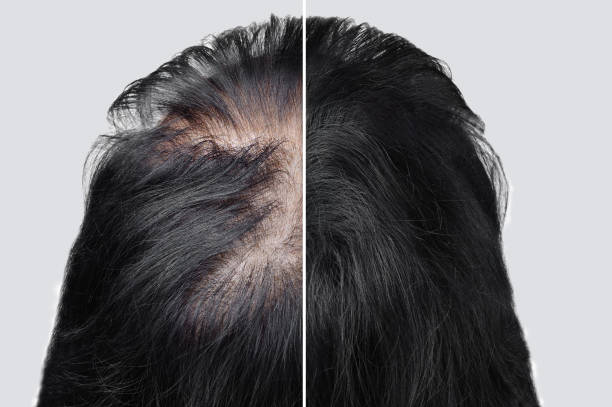
Treatment for extreme hair fall in women varies based on the underlying cause. Some of the effective treatment options include:
1. Topical Treatments
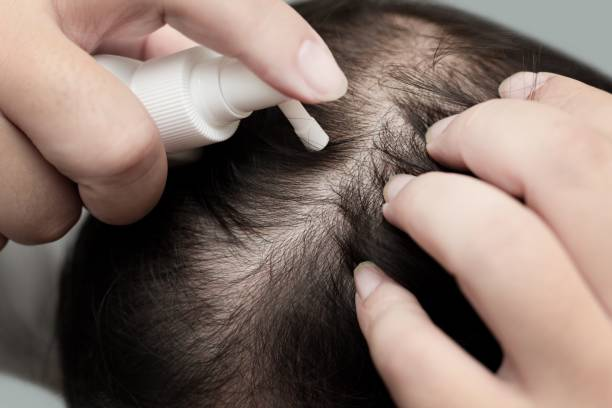
Topical treatments like minoxidil (Rogaine) are commonly used to stimulate hair growth. They work by increasing blood flow to the hair follicles. It can help rejuvenate thinning hair and promote new hair growth. These treatments are typically applied directly to the scalp.
2. Oral Medications
Oral medications, such as finasteride (Propecia), can be prescribed to help manage hair loss. Finasteride works by reducing the production of dihydrotestosterone (DHT), a hormone linked to hair loss.
3. Hormonal Therapy
Hormonal therapy is used when hair loss is linked to hormonal imbalances, such as those caused by PCOS, thyroid conditions or menopause. Medications like birth control pills or anti-androgens can help regulate hormones and reduce hair loss.
4. Platelet-Rich Plasma (PRP) Therapy
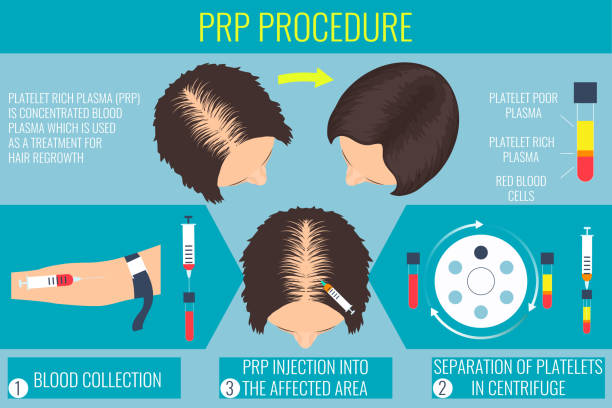
PRP therapy involves drawing a small amount of blood from the patient, processing it to concentrate the platelets, and injecting it into the scalp. The growth factors in PRP can help stimulate hair follicles and improve hair growth.
5. Laser Therapy

Low-level laser therapy (LLLT) uses laser light to stimulate hair follicles and promote growth. This non-invasive treatment can improve blood flow to the scalp and enhance cellular metabolism, leading to stronger and thicker hair.
6. Nutritional Supplements
Nutritional supplements, such as biotin, iron, and vitamins, can help support hair health. Deficiencies in essential nutrients contribute to hair loss. So, addressing these deficiencies can improve hair growth.
7. Hair Transplant Surgery

Hair transplantation involves moving hair follicles from one part of the scalp to areas with thinning or no hair. Advanced hair transplant techniques like Follicular Unit Extraction (FUE) can provide a permanent solution for hair loss.
Explore effective treatments for hair loss. Consult with an experienced professional today to find the best solution for you.
Conclusion
Extreme hair loss in women can be alarming. However, understanding the causes and symptoms can help seek timely treatment. With the expertise of specialists like Dr. Anju Methil, women can access tailored treatment options designed to address the specific causes of their hair loss. Early intervention is critical to preventing further loss and promoting hair regrowth.
Still have questions about hair loss? We’ve got you covered.
Frequently Asked Questions:
How to cope with hair loss in a woman?
Coping with hair loss involves understanding the cause and seeking professional advice. Stress management, proper hair care, and timely treatment can help reduce hair loss.
Can female hair loss grow back?
Female hair loss can often grow back if the underlying cause is treated early. Treatments like PRP therapy and nutritional supplements may support regrowth.
Is losing 200 hairs a day normal?
Losing 200 hairs daily is above the normal range of 50-100. This could indicate an underlying issue and may require medical attention.
Does PCOS cause hair loss?
PCOS can cause hair loss due to hormonal imbalances. Treating the underlying condition often helps in reducing hair loss.
Can thin hair become thick again?
Thin hair can become thicker with the proper treatment, depending on the cause. Experts often recommend nutritional supplements, PRP therapy, and topical treatments.
Is it normal to lose 150 hairs a day?
Losing 150 hairs daily is on the higher end of normal. However, if it persists over time, it could indicate excessive shedding.
How do we know if hair loss is hormonal?
Hormonal hair loss often presents as thinning around the crown or part line. A dermatologist can diagnose this through blood tests and examination.
Reference links:
https://my.clevelandclinic.org/health/diseases/16921-hair-loss-in-women
https://www.webmd.com/skin-problems-and-treatments/hair-loss/women-hair-loss-causes
Disclaimer: This page is not solely intended to advertise or promote any specific treatments, products, or professionals.

